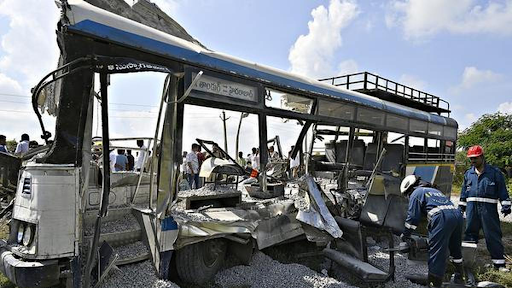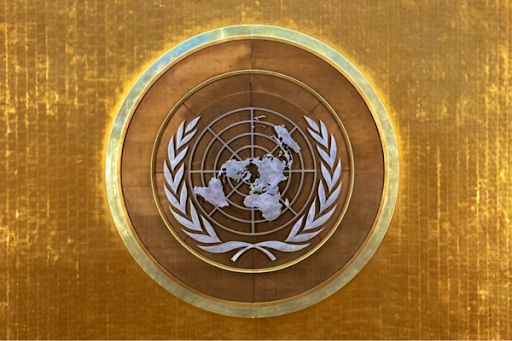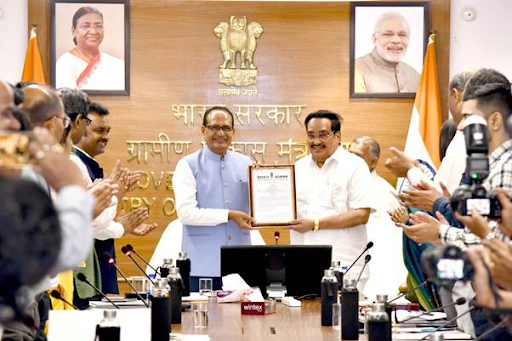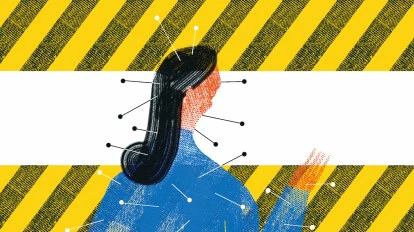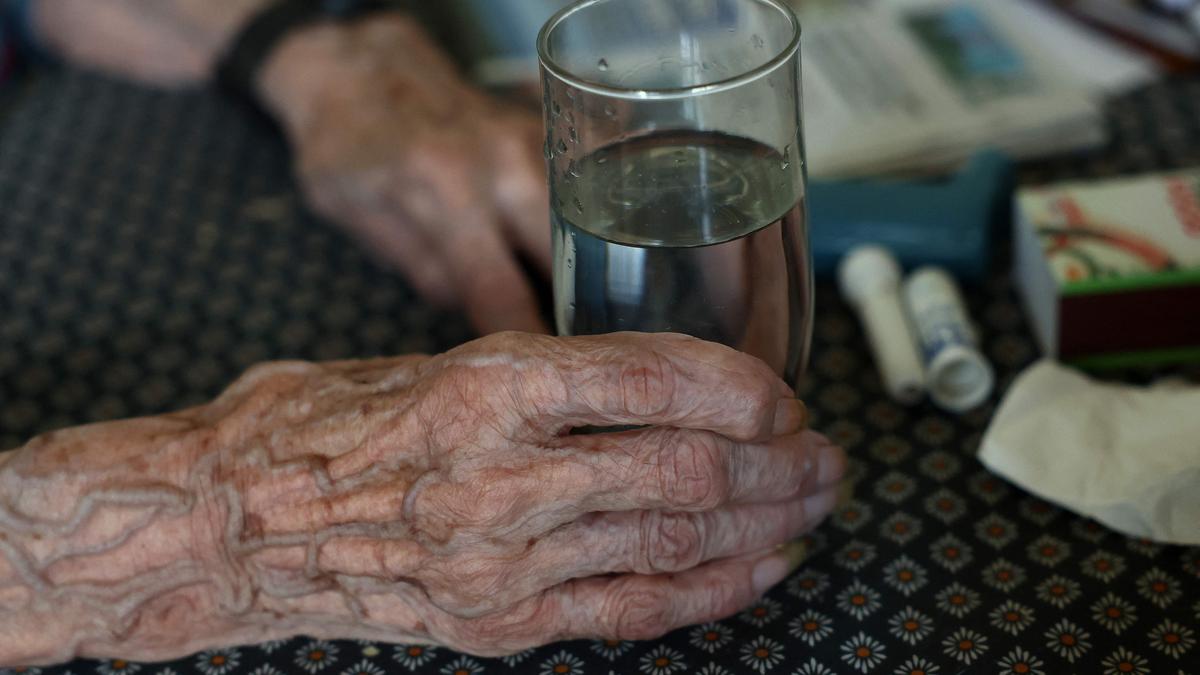Description
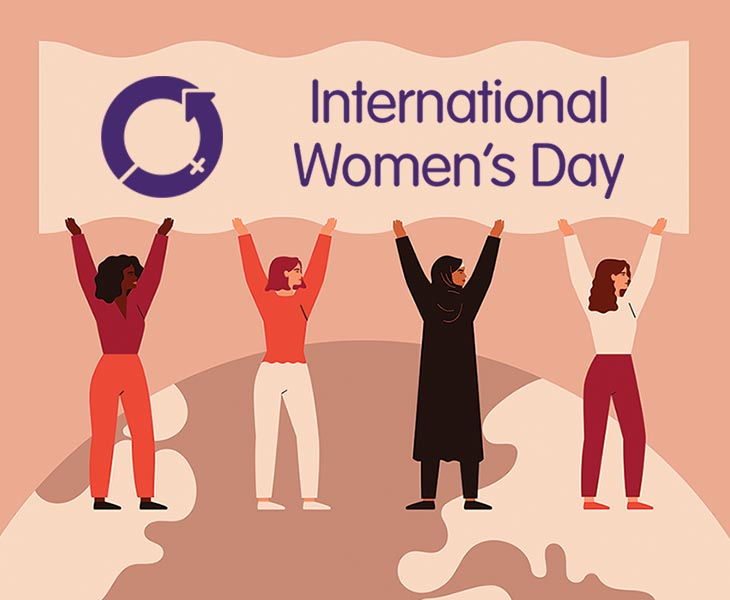
Copyright infringement is not intended
Context: Ministry of Women and Child Development decided to Celebrate International Women’s Day Week from 1st to 8th March.
Details:
- The Ministry of Women and Child Development decided to celebrate the International Women’s Day week from 1st to 8th March 2022 as a part of ‘Azadi Ka Amrit Mahotsav’.
- The Ministry will organize various events and social media campaigns covering a variety of themes related to women’s safety and empowerment.
- The events are being organized in partnership with national and international organizations and experts, with active participation planned with women and children, as well as personnel who work directly for their protection and empowerment.
About International Women's week:
- The idea for an International Women's day arose around the turn of the 20th century out of a long-standing movement for women to participate equally in society.
- The first International Women's Day was observed on March 19, 1911 in Austria, Denmark, Germany and Switzerland. That day, more than one million women and men showed their support by participating in public events.
- Over time, International Women's Day has grown to become a global day of recognition and celebration.
- It was expanded by the United Nations in 1975 with the International Women's Year.
- By 1977, the United Nations had adopted a resolution designating March 8 as International Women's Day.
Challenges faced by women:
- Women from all classes, religions, castes and ethnic backgrounds experience day to day life challenges in multiple ways.
- Low levels of education & Skill, Healthcare services and facilities are not easily accessible to them.
- Experience high levels of violence at home and outside.
- Caste‐based discrimination is faced even in urban area.
- SCs, STs, and Muslim women lag behind in almost all key socio‐economic indicators of development.
- Numerous socio‐cultural, psychological and economic factors make them vulnerable and marginalized.
- Windows experience alienation, social taboos, limited freedom to remarry, insecure property rights, social restrictions on living arrangements, restricted employment opportunities, emotional and other forms of violence and lack of social support.
- Elderly Women face abuse, including physical abuse.
- Health needs are neglected and poor nutrition and food intake makes them more vulnerable.
- Disabled girls are less likely to attend schools than disabled boys.
- Sexual abuse is quite common especially among women who are mental challenged.
- Women in Sex Work face discrimination, experience social exclusion, stigmatization and lack access to basic services and support systems. Healthcare, housing, livelihood opportunities, protection from violence etc are not accessible to them.
- Lack of access to Public spaces like park market schools and workplaces. Lack tangible and intangible infrastructure such as last Mile public transport, access to toilets and basic amenities, child care facilities for working Mothers, Healthcare etc.
Steps need to be taken:
- Provide loans, infrastructure and market facilities for women’s cooperatives and groups, and marketing of their products.
- Recruit women into all levels of the police force, and increase their numbers in the police force.
- Training and awareness programmes for women representatives in the Panchayati Raj institutions.
- Review and update current schemes to assess their effectiveness in terms of social indicators.
- MGNREGS should be enhanced in Adivasi areas, with greater focus on works that empower women in direct and indirect ways.
- Ensure safe migration and prevent trafficking.
- Effective implementation of the inter‐state migration act and trafficking laws.
- Registration of property including land jointly in the name of wife and husband at the time of marriage itself should be made mandatory.
- Social security support should also be expanded to all single women and universalized.
- Ensure children of sex workers to have access to education, nutrition and healthcare.
Way forward:
- Stricter laws are not enough, time bound disposal of justice essential to prevent Crimes against Women.
- Need to address the special needs of single women such as widows, separated, divorced, never-married and deserted women including women-headed households and single women living within households.
- When we empower the women in a family, we empower the entire house-hold. When we support women's education, we ensure that the entire family is educated. When we facilitate her good health, we help keep the entire family healthy. When we secure her future, we secure the future of the entire home.
https://pib.gov.in/PressReleasePage.aspx?PRID=1801900





